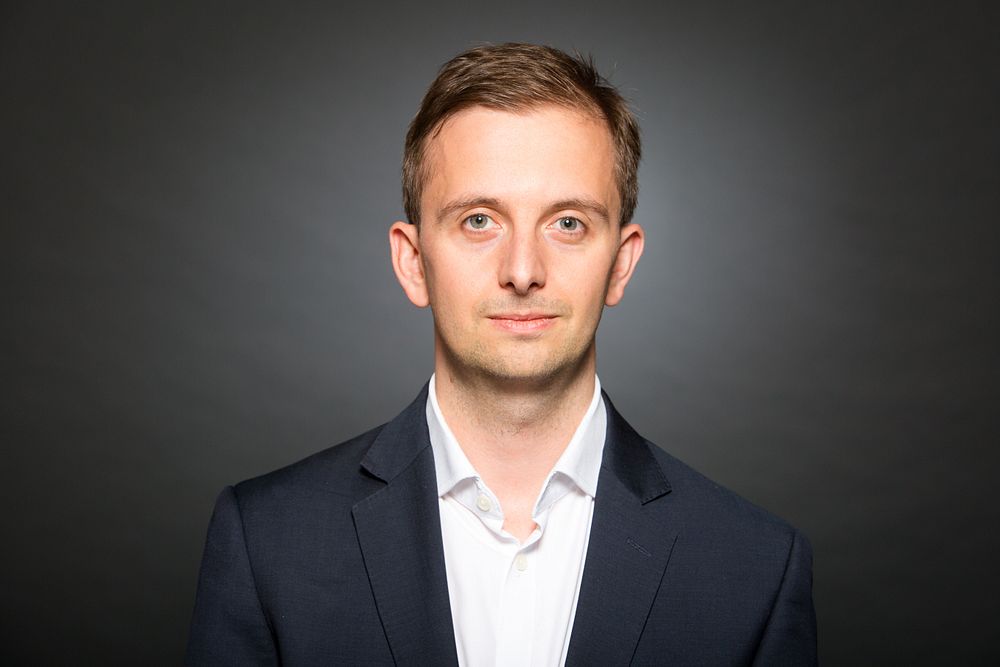Blog post -
Inequality is a key factor in our experiences of physical activity – it’s time we got to grips with that
 London Sport's Chris Scott calls for the physical activity and sport sector to turn bold ambitions to tackle inequalities in participation into meaningful action, starting with our Active London conference this October.
London Sport's Chris Scott calls for the physical activity and sport sector to turn bold ambitions to tackle inequalities in participation into meaningful action, starting with our Active London conference this October.
A miracle cure. A golden thread through the nation’s psyche. A silver bullet for health and wellbeing.
Physical activity has had some big claims made about the benefits it offers, and those claims come with some hard evidence behind them.
Recent research form Sport England showed that every £1 spend on sport and physical activity generates almost £4 in return across health and wellbeing, stronger communities and the economy.
The power of physical activity and sport to change lives is real, but we don’t all experience those positive impacts equally, nationally:
- 33.2% of people from lower socio-economic groups are likely to do less than 30 minutes of physical activity a week, compared to just 16.2% of people from higher socio-economic groups.
- 61.5% of women meet recommended weekly physical activity levels, compared to 65.3% of men.
- 47.3% of people with a disability or long-term health condition regularly meet recommended physical activity levels, compared to 67.5% of the overall adult population
And, as if those figures weren’t stark enough, all the evidence suggests that the impacts of covid-19, lockdown and economic disruption across the country has exacerbated the very real inequalities that cut across our society and communities.
This picture may seem bleak, but within the cracks are glimpses of light.
If physical activity and sport are subject to social inequalities, they can also play a powerful role in their redress.
You only needs to look at the successful increases in female participation rates over the past four years or the decline in inactivity rates for people with a disability or long-term health condition since 2016 to recognise that targeted interventions can lead to real successes.
Such successes require bold ambition, the likes of which we’ve seen in Sport England’s ground-breaking This Girl Can and We Are Undefeatable campaigns or in the Mayor of London’s flagship community sports programme, Sport Unites.
Ambition is one thing the physical activity and sport sector has never lacked.
Now is the time to turn those ambitions to face down wider inequalities and ensure we’re working to support all people to grasp the miracle cure, the golden thread and the silver bullet of physical activity and sport.
In a few short weeks, London Sport and a whole host of organisations from within the sport sector and across society will come together at Active London 2020 to explore the ways we can collectively address inequalities within our work.
We'll look at improving equality of access to sport and examining the ways we can contribute to wider efforts to close the inequality gap.
Addressing inequalities would have been critical no matter the situation, but if the experiences of the past six months have taught us anything, it’s surely that we have a responsibility to support those most in need.
Active London will offer a starting point and a launchpad as we work to confront this new, urgent challenge.
We hope you’ll join us.
Register now for Active London 2020. Attendance at all four days of the conference is absolutely free, with content delivered online via a bespoke digital platform that also features live activity sessions and networking alongside a rich content agenda: https://activelondon.splashthat.com/
Topics
- Health, Health Care, Pharmaceuticals
Categories
- chris scott
- london sport
- active london
- coronavirus
- covid-19
- inequalities
- tackling inequalities
Regions
- Greater London